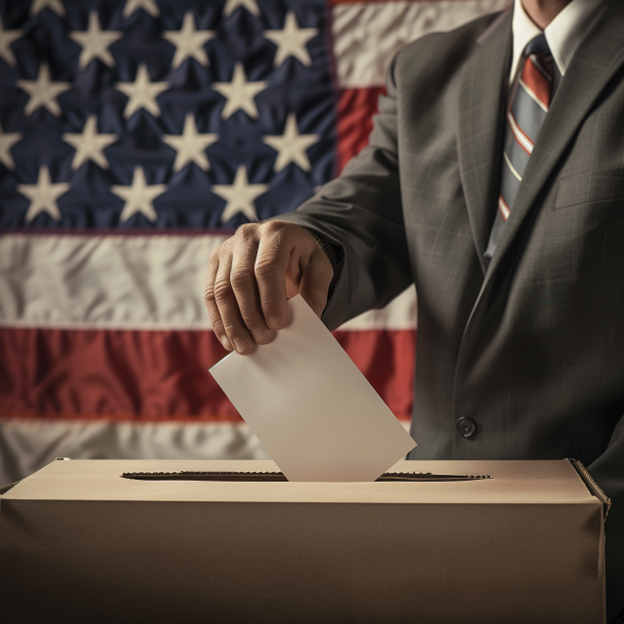A review of several actions across the nation have already answered the question of whether there will be cheating in the 2024 election.
Many have logically feared that the mass influx of many millions of undocumented and un-health inspected aliens raised initial concerns. When several states began allowing drivers licenses, the basic form of identification used to register to vote, to be issued to them, those concerns were realized.
The Government Accountability Institute reports that “Since 2021, non-citizens have been import-ed into swing states by the tens of thousands—more than 168,500 using the most conservative estimates based on court filing data. Each swing state has taken in more non-citizens than the 2020 margin of victory in that state. And there is good reason to believe a significant portion will be able to vote in 2024.
USAGOVPolicy.com noted that in late September, a Daily Mail report notes that “Democrats admit thousands of registered Arizona voters haven’t provided proof of citizenship after shock computer ‘glitch.’ Arizona‘s Democratic leaders, on a secret call, worried about a shocking discovery that, if made public, would see them accused of rigging the upcoming election and question the results of the last two.”
It’s more than just neglect to catch the credentials of those registering to vote. There are instances in blue states to affirmatively prevent any enforcement of measures that prohibit illegal voting.
Two salient examples provide shocking examples.
Attorney General Merrick Garland has attacked voting legitimacy in Virginia. The state sought to eliminate ineligible voters from its registration rolls. But the U.S. Justice Department opposed the move on rather specious technical grounds.
In Georgia, as noted by ProPublica, , “ a Judge has ruled county election board members cannot block the certification of votes based on suspicions of fraud or error…The ruling, if it stands, puts to rest the question of whether local election officials would be allowed to throw out individual precincts from county vote totals if they suspect fraud or error. A new rule adopted by the State Election Board appeared to allow such exclusions.”
In California, Democracy Docket found that “California Gov. Gavin Newsom (D) signed a bill into law… bars local governments from enacting laws to require residents to show a valid form of identification in order to vote. The law is a direct response to a ballot initiative approved by voters in the coastal California city of Huntington Beach. In March, 53.4% of residents voted to adopt a ballot measure that requires all residents who want to cast a ballot in municipal elections to show a valid ID. But the measure runs afoul of state law and, after it passed, California Attorney General Rob Bonta (D) and Secretary of State Shirley Weber (D) sued the city to block officials from enforcing it. “
Here is the operative section of the California law signed by Governor Newsom:
This bill would prohibit a local government from enacting or enforcing any charter provision, ordinance, or regulation requiring a person to present identification for the purpose of voting or submitting a ballot at any polling place, vote center, or other location where ballots are cast or submitted, as specified.
The bill would include findings that changes proposed by this bill address a matter of statewide concern rather than a municipal affair and, therefore, apply to all cities, including charter cities.
A Heritage Foundation analysis notes that Some reforms were enacted in response to questions raised during the 2020 presidential election. “That said,” notes Heritage, “ in almost every state where these salutary reforms have been enacted, they have been subject to litigation. Often the Biden-Harris Justice Department,…and its political allies … have led the legal attacks…And there’s another big problem this time around, created by the leftist effort to get as many voters as possible to vote by mail instead of in-person. Recently, the two national organizations representing secretaries of state and state election directors wrote the U.S. Postal Service complaining about the mishandling and mismanagement of election mail, including absentee ballots. This has resulted in numerous problems, such as delays that have effectively disenfranchised voters.”
This could affect a significant number of Americans. According to the U.S. Election Assistance Commission, mail-in ballots accounted for 43% of the electorate in 2020, a 20 percentage point increase from 2016, and this election may be conducted even more extensively by mail. But voters should do everything they can to vote in person to ensure their vote will be counted. If they want to vote before Election Day, they should do it at an early voting site instead of using the U.S. Postal Service.
Photo: Pixabay
